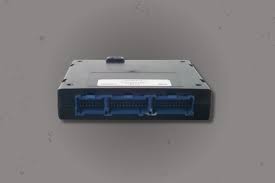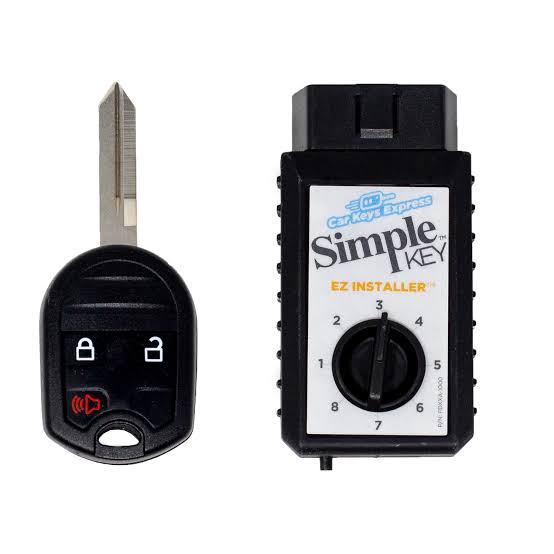Does Battery Size Matter in a Car?

When replacing a car battery, it’s common to wonder if the size of the battery truly matters. The short answer is yes, the size of a car battery is crucial for the proper functioning of your vehicle. Choosing the right size ensures your car starts efficiently and supports the electrical systems. In this article, we’ll explore why battery size matters, how to find the right one, and what happens if you choose the wrong size.
Why Does Battery Size Matter?
1. Compatibility with Your Vehicle
Car batteries come in various sizes, categorized by group numbers. These group numbers define the dimensions, terminal orientation, and compatibility with specific vehicles. Using the correct battery size ensures it fits securely in the battery tray and connects properly to the terminals.
2. Performance and Power
Different vehicles require varying levels of power to start the engine and run electrical systems. A battery that’s too small may not deliver enough cranking amps, especially in extreme weather conditions.
3. Safety Concerns
Incorrect battery sizes can lead to poor connections, vibrations, and potential damage to the battery or other components. A loose battery can even cause short circuits or fire hazards.
How to Find the Right Battery Size
1. Consult the Owner’s Manual
Your car’s manual provides detailed information about the recommended battery group size, cold cranking amps (CCA), and reserve capacity (RC).
2. Check Existing Battery
The current battery in your car usually has the size group printed on it. Use this as a reference if the battery was installed correctly.
3. Use Online Tools or Visit Auto Parts Stores
Many auto parts stores and websites have tools that allow you to input your car’s make, model, and year to find the right battery size.
Understanding Battery Group Sizes
The Battery Council International (BCI) categorizes batteries into group sizes based on their physical dimensions and terminal orientation.
Common Battery Group Sizes
- Group 24/24F: Fits many midsize and compact cars.
- Group 35: Often found in Japanese brands like Honda and Toyota.
- Group 48 (H6): Common in European vehicles and some American models.
- Group 65: Typically used in large trucks and SUVs.
Factors Determined by Group Size
- Dimensions: Ensures the battery fits the tray.
- Terminal Placement: Prevents cable misalignment.
- Electrical Specifications: Aligns with your vehicle’s power requirements.
What Happens If You Use the Wrong Battery Size?
1. Insufficient Power
A smaller battery may not provide enough power to start the engine or operate the vehicle’s electrical systems, especially during cold weather.
2. Reduced Battery Life
Using a battery with inadequate capacity can strain it, leading to premature failure.
3. Damage to the Vehicle
An oversized battery may not fit securely in the tray, leading to vibrations and potential damage to nearby components.
4. Connection Issues
Incorrect terminal orientation can make it challenging to connect the cables securely.
Can You Upgrade to a Larger Battery?
Upgrading to a larger battery is possible in some cases, but it’s essential to consider:
- Physical Space: Ensure the larger battery fits in the tray.
- Electrical Compatibility: Verify the vehicle’s alternator and charging system can handle the upgraded battery.
Frequently Asked Questions
1. Does a bigger battery last longer?
Not necessarily. While a larger battery may have a higher capacity, its lifespan depends on usage, maintenance, and compatibility with the vehicle.
2. Can I use a smaller battery temporarily?
Using a smaller battery may work temporarily, but it can lead to performance issues and potential damage. It’s best to replace it with the correct size as soon as possible.
3. What’s the difference between cold cranking amps (CCA) and reserve capacity (RC)?
- CCA: The battery’s ability to start the engine in cold temperatures.
- RC: The amount of time a battery can power essential systems if the alternator fails.
Conclusion
The size of your car battery plays a critical role in ensuring proper performance, safety, and compatibility with your vehicle. Always refer to your owner’s manual or consult a trusted mechanic to determine the correct battery size. Choosing the right battery will save you from potential issues and keep your car running smoothly.
Also Check:
• Does Battery Group Size Matter?




